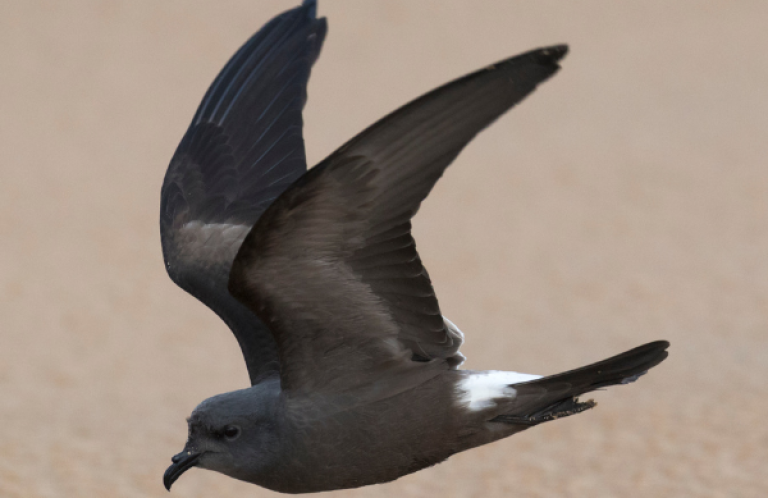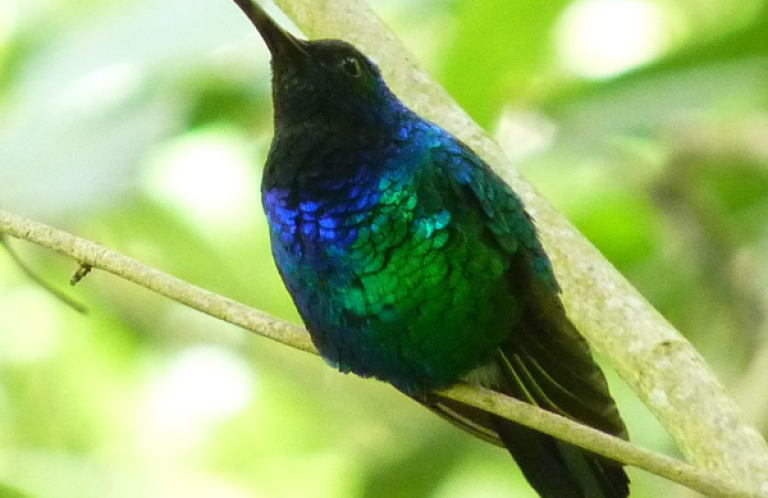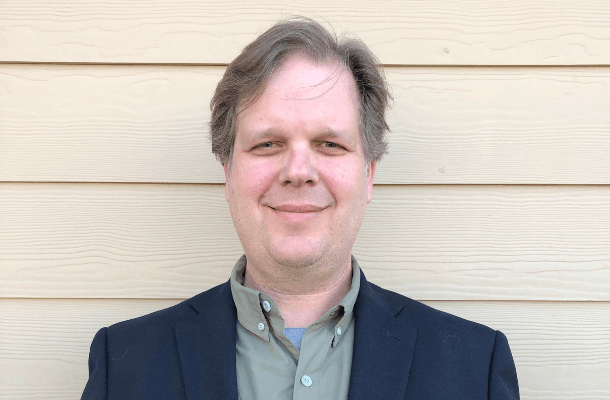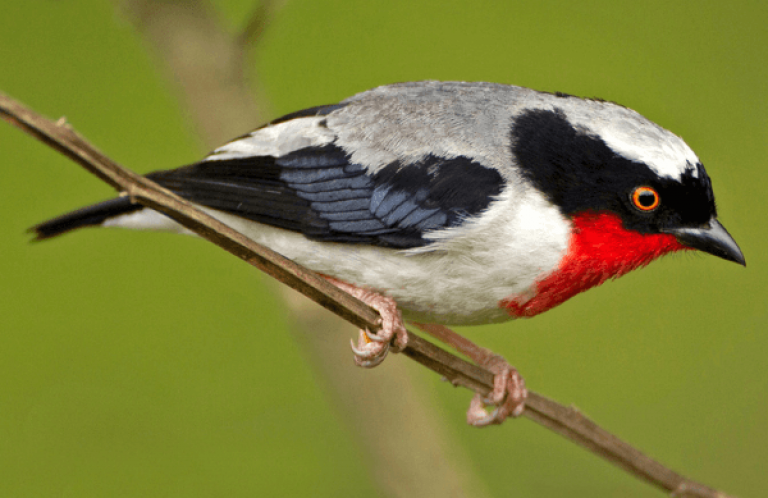Groups Challenge EPA Position on Lead Ammunition Petition Denial
For Immediate Release Contact:
, 202-234-7181 ext.210
Jeff Miller, Center For Biological Diversity, 510-499-9185
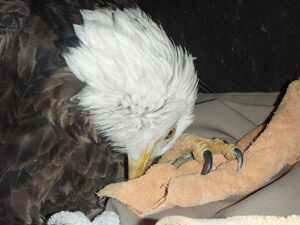 |
Lead poisoned eagle. |
(Washington, D.C.,
“The EPA erred, either purposely or by not reading the applicable laws we cited in our extensive, well-researched petition, in their rush to dismiss the hunting ammunition portion of our complaint before the November elections. Their authority to regulate lead in hunting ammunition is abundantly clear from the most cursory reading of the House of Representatives portion of the legislative history of TSCA,” said Darin Schroeder, Vice President of Conservation Advocacy for ABC.
The legislative history of TSCA plainly states: “……. the Committee does not exclude from regulation under the bill chemical components of ammunition which could be hazardous because of their chemical properties.”
In addition to ABC and CBD, the petition was also signed by Public Employees for Environmental Responsibility, Association of Avian Veterinarians, and Project Gutpile (a hunter’s group). Since the petition was originally filed on August 3 (www.abcbirds.org/newsandreports/releases/100803.html), about 40 additional groups have also signed on in support, giving the petition even more broad-based support.
Since the EPA denial of the petition on August 26, CBD has filed a Freedom of Information Act request with EPA to obtain copies of all documents and materials related to the EPA decision. In addition, ABC has requested a meeting with EPA Assistant Administrator Steve Owens, in the hopes of receiving an explanation for the basis for the Agency’s sudden and remarkable decision.
“Unfortunately, our request for a meeting with EPA officials has so far gone ignored. The EPA’s dismissal of the ammunition portion of our petition is clearly not grounded in the law or well-established congressional intent, and it is the obligation of the Administration to accept its legal responsibility and affirmatively act on this issue within 90 days time. Without question, we are looking at all options for recourse,” Schroeder said.
“The paint industry got the lead out of paint, the auto industry got the lead out of tire weights, the toy industry got it out of children’s toys, the petroleum industry got it out of gasoline and the home building industry got it out of the pipes. We also need to get lead out of ammunition and fishing gear,” Schroeder said.
“Studies tell us that for every month that is wasted deliberating on this action, over one million wild animals are dying slow and gruesome deaths from lead poisoning – including Bald Eagles – our national symbol. All it takes to stop that carnage is swapping out lead ammunition and lead fishing gear for the myriad of available non-toxic alternatives,” said Schroeder.
Lead is an extremely toxic substance that is dangerous to people and wildlife even at low levels. Exposure can cause a range of health effects, from acute poisoning and death to long-term problems, such as reduced reproduction, inhibition of growth, and damage to neurological development.
Animals are poisoned when they scavenge on carcasses shot and contaminated with lead bullet fragments, or pick up and eat spent lead-shot pellets or lost fishing weights, mistaking them for food or grit. Some animals die a painful death from lead poisoning while others suffer for years from its debilitating effects.
American Bird Conservancy (www.abcbirds.org) conserves native birds and their habitats throughout the Americas by safeguarding the rarest species, conserving and restoring habitats, and reducing threats while building capacity of the bird conservation movement. ABC is a 501(c)(3) not-for-profit membership organization that is consistently awarded a top, four-star rating by the independent group, Charity Navigator.
The Center for Biological Diversity (www.biologicaldiversity.org) believes that the welfare of human beings is deeply linked to nature — to the existence in our world of a vast diversity of wild plants and animals. Because diversity has intrinsic value, and because its loss impoverishes society, we work to secure a future for all species, great and small, hovering on the brink of extinction. We do so through science, law, and creative media, with a focus on protecting the lands, waters, and climate that species need to survive. We want those who come after us to inherit a world where the wild is still alive.





































